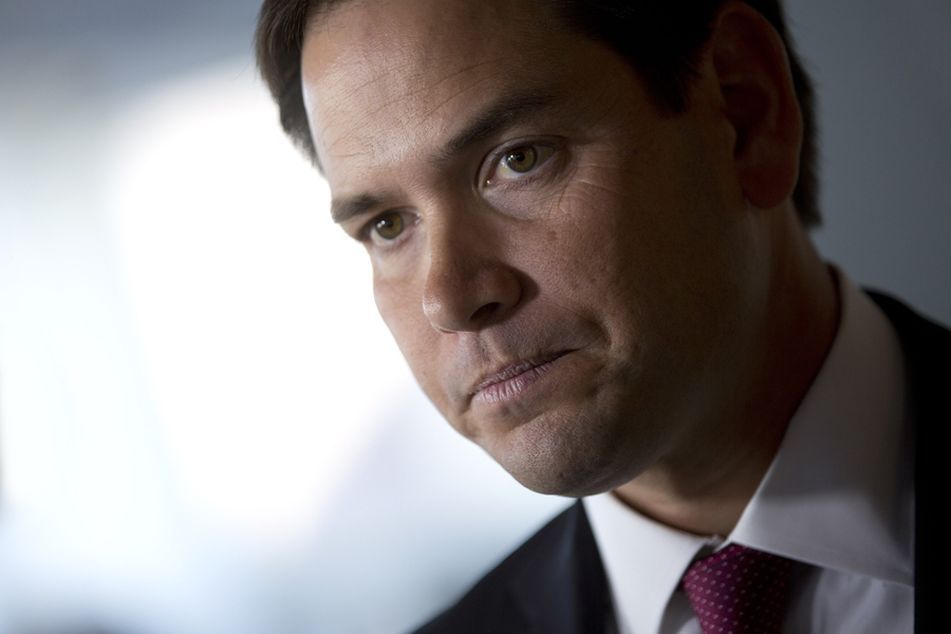Lesson from presidential hopeful Rubio: Don’t cash out your 401(K)

By withdrawing the retirement money early, the politician will have to pay a 10% penalty as well as regular income taxes.
Investment advisers blanched at Sen. Marco Rubio, R-Fla., cashing out one of his retirement accounts in part to finance his presidential campaign.
Last Friday, Mr. Rubio filed a financial disclosure showing he withdrew $68,000 from a retirement plan he had with a law firm where he previously work.
On Fox News Sunday, he said he needed the money for his White House run as well as to replace a refrigerator and air conditioning unit and for his children’s college costs.
“I would recommend against it, but I certainly understand it,” said Paul Auslander, director of financial planning at ProVise Management Group.
By withdrawing the retirement money early, Mr. Rubio will have to pay a 10% penalty as well as regular income taxes. It’s a move advisers usually counsel their clients not to make.
‘NEVER A GOOD IDEA’
“It’s never a good idea,” said Chris Chen, an adviser at Insight Financial Strategists.
In his own defense, Mr. Rubio noted it was just one of his retirement accounts. He’s continuing to contribute part of his Senate salary to a federal retirement program.
“I’m not poor, but I’m not rich, either,” Mr. Rubio said on Fox News Sunday.
Mr. Rubio has been in public service most of his career — in the Florida state legislature before winning his Senate seat — with short stints at law firms. During that time, his family has lived in Miami.
“Marco Rubio is a normal, everyday guy raising a lot of kids in an expensive city,” said Mr. Auslander, who is president of the Florida chapter of the Financial Planning Association.
Advisers said Mr. Rubio should find a source other than his 401(K) for household appliance upgrades.
“It sounds like he’s in a cash crunch,” said Wes Shannon, owner of SJK Financial Planning. “That’s because he hasn’t planned well enough to have some emergency funds.”
IN A POSITION TO RECOVER
Advisers cut him some slack, however, saying he is in a better position than most people to recover. And his need to fund a presidential campaign could pay off, even if he doesn’t capture the White House.
“He’s going to have income opportunities whether he succeeds in his presidential bid or not,” Mr. Chen said. “That’s different from most Americans who would have to rely on that 401(k) for retirement.”
Indeed, if he falls short of the presidency, Mr. Rubio likely could write another book — his current one is doing well, he says — or, after his Senate service, hit the paid-speaking circuit.
“Marco Rubio’s calculation is: Who needs retirement money?” Mr. Auslander said. “All you have to do is hire a really good speaking agent.”
Although his case may be unique, Mr. Rubio is not setting a good example for other Americans, Mr. Shannon said.
“Making poor decisions and then asking the public to trust you to make good decisions as a president is at least not well thought out,” Mr. Shannon said.
But withdrawing money early from a retirement account positions Mr. Rubio as relatable to the many cash-strapped Americans making similar tough financial decisions — setting himself apart from likely Democratic nominee Hillary Rodham Clinton and likely Republican challenger Jeb Bush, who are both wealthy.
“It shows he’s not the moneyed elite, which is a positive,” said David Schneider, owner of Schneider Wealth Strategies. “It shows he’s a regular guy.”
Learn more about reprints and licensing for this article.








